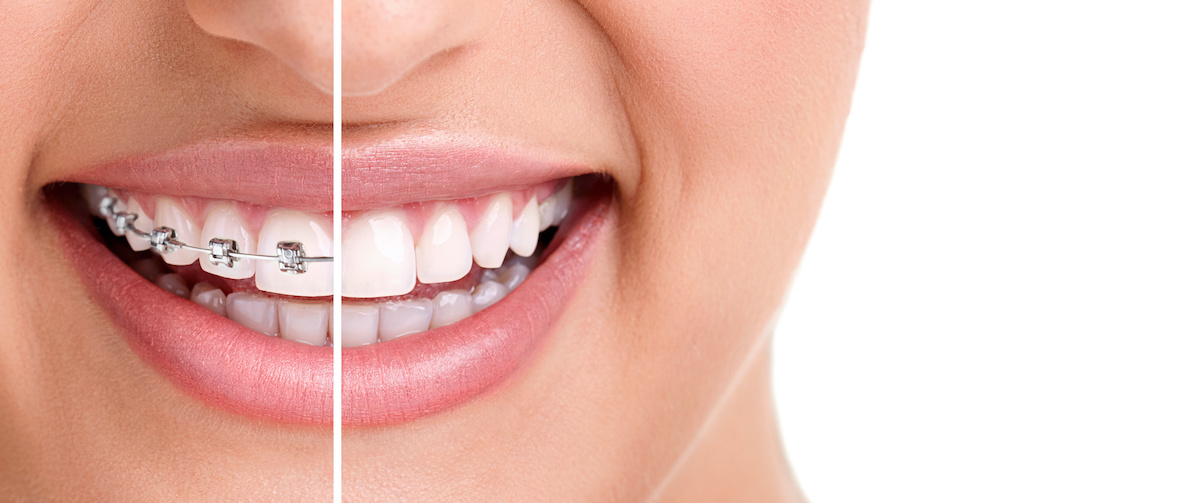I have a toothache. What does it mean?
Teeth whitening is one of the fastest, most affordable, and simplest ways to restore your confidence in your smile. Using powerful chemical whiteners and custom-fitted take-home whitening trays, Dr. Eastwood and the team at Summerbrook Dental can reverse years of stains and yellowing.
This leaves you with a bright, bold, confident smile. Contact us now to see if you’re a good candidate for treatment, and get started with professional take-home teeth whitening in Fort Worth today.


Did you know…
Ready to schedule your appointment?
Call (817) 382-7445 to scheduleThe Take-Home Teeth Whitening Process
More About Teeth Whitening
How Long Does Teeth Whitening Last?
Does Teeth Whitening Cause Sensitivity?
How Long Does Teeth Whitening Last?
How Long Does Teeth Whitening Last?
The results of your whitening treatment will usually last 1-2 years. Proper oral hygiene is essential for maximizing the lifespan of teeth whitening, as mentioned. Preventing the buildup of plaque, tartar, and stains will ensure your smile looks its best.
You can also take some other steps to keep your teeth bright, like reducing your intake of wine, coffee, or tea, or using a straw when drinking these beverages. Using whitening toothpaste and/or mouthwash can also help control stain buildup over time.
You also need to quit smoking and using any other form of tobacco. Tobacco use will stain your teeth within months, ruining your newly-whitened smile.Does Teeth Whitening Cause Sensitivity?
Does Teeth Whitening Cause Sensitivity?
Yes. It’s quite common for teeth whitening to cause sensitivity during the take-home treatment process, and this may persist for a few days after your treatment ends. If you have naturally-sensitive teeth, discuss this with Dr. Eastwood before your treatment begins. He may adjust the frequency and intensity of your treatments.
In addition, you can take steps like using Sensodyne or a similar anti sensitivity toothpaste during your treatment. Avoiding really hot and cold foods and drinks may also be helpful. You can also take medication like ibuprofen or even use a numbing product like Orajel if you are experiencing serious sensitivity.

Did you know…
Cavities can be caused by the transmission of bacteria from a mother to her infant.



